
Switzerland closes a chapter on strengthening Cuban autonomy
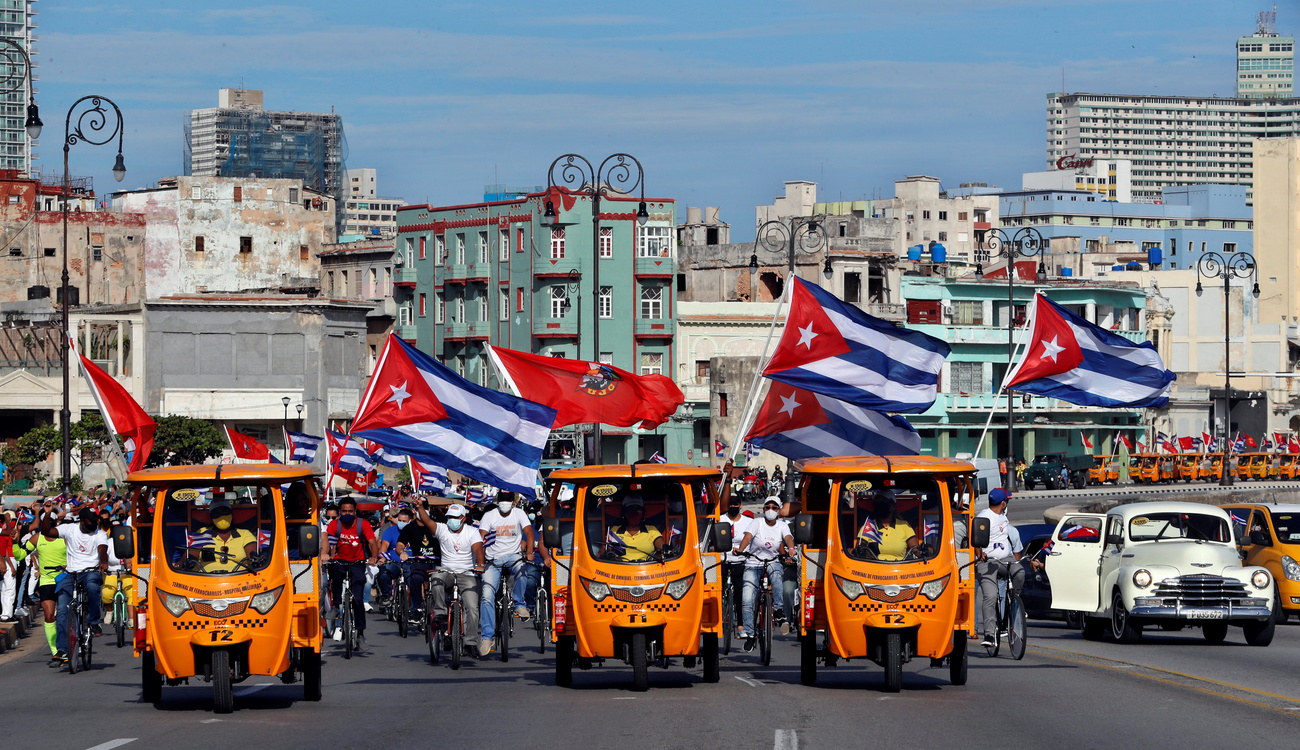
Swiss development activities in Cuba have largely flown under the radar and are set to end next year. Yet programmes aimed at bringing greater autonomy to municipalities and regions have had an effect on communities that could be felt long after Switzerland’s departure.
In late March, Cuba elected a new national parliament. This made precious few headlines. Not much was at stake.
“The candidates are hand-picked politicians loyal to the system,” Markus Glatz said shortly before the election. Glatz is the Swiss government’s head of international cooperation in Cuba.
“This is not a free election,” he added. That much was clear: the number of candidates was the same as the number of parliamentary seats.
“It’s more of a confirmation vote than an election,” said Yanina Welp, a research fellow at the Albert Hirschman Centre on Democracy in Geneva.
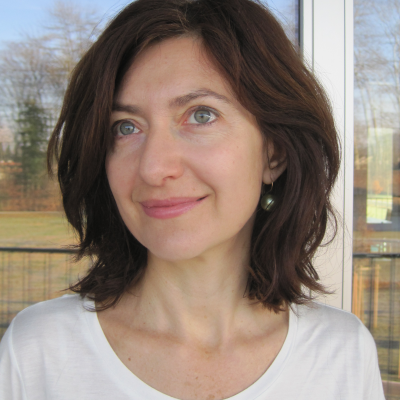
Cuba is currently in a deep economic crisis. “Economically, the situation is dramatic – there are shortages and inflation,” said Welp. “The protests have exposed this, but so far the repressive response has managed to contain them.”
Repression and economic crisis
Anti-government demonstrations in 2021 over shortages of basic goods and the official response to the Covid-19 pandemic were the largest in decades and drew a heavy-handed response from the regime. Some protesters were sentenced to several decades in prison in 2022, the BBCExternal link and other media have reported. Among them were minors.
Glatz described the economic crisis as the most severe since the fall of the Soviet Union. The pandemic, Cuba’s dependence on Russia and the economic embargo imposed by the United States are factors, he said. “But the problems are largely homemade,” he added. “In my view, sticking to a planned economy will not bring the country any further.”

He compared developments in communist Cuba with the situation in countries such as Laos or Cambodia, for which Glatz was responsible during his time in the East Asia division of the Swiss Agency for Development and Cooperation (SDC).
“These countries have had comparatively high growth figures over the last few years,” he said. “They are also socialist-ruled but follow a state-capitalist model that also allows for a private sector and is attractive for foreign investment.”
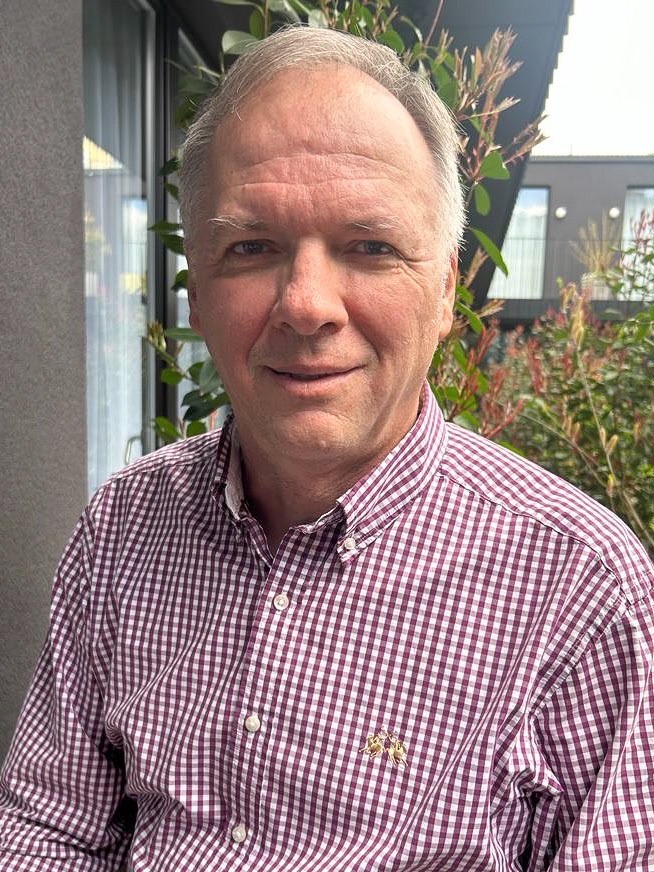
Glatz said that without economic reforms, Cuba will not find a way out of the crisis. He also sees more potential for change in the economy than at the political level.
But Glatz’s work in Cuba is likely to end before any change comes.
Swiss development activity is a ‘cornerstone’
The SDC is pulling out of Latin America by the end of 2024. That means an end to Swiss development cooperation activities in Cuba.
The decision marks the end of a long special bilateral relationship: from the Cuban Revolution in 1959 until 2015, Switzerland served as a mediator between the US and Cuba. With a US embassy having now re-opened in Havana, this role has become redundant.
The agency’s activities are currently “the cornerstone” of Swiss-Cuban relations, according to a reportExternal link on the end of the cooperation programme.
The SDC’s involvement in Cuba dates back to 2000. From the start, its activities have been focused solely on development at the local level. “We’ve been able to have a sustained impact – both for the people and on a political level,” said Glatz.
In autocratic, centralist Cuba, the work of the SDC has facilitated local development modelled on Switzerland’s federal system.
What does that mean in concrete terms? “At the provincial and municipal levels, budgets can be drawn up locally, with the involvement of the population,” Glatz said. “That is quite unusual in Cuba.” The municipalities involve their communities: more than a third of the 168 Cuban municipalities conduct population surveys. Over 50 of them have also set up citizen portals.
The Cuban side has been open to Swiss involvement. “We didn’t have to jump any hurdles,” Glatz said. “The government really appreciated us initiating processes for development at the local level, in agriculture, tourism and construction.” The Swiss projects have helped pave the way for small businesses and privately-run restaurants.
Reversing the centralist principle
The Swiss local development project has now become a government programme: the PADIT platform emerged from pilot projects and is now supported by Cuba’s economics ministry and the United Nations Development Programme (UNDP), among others.
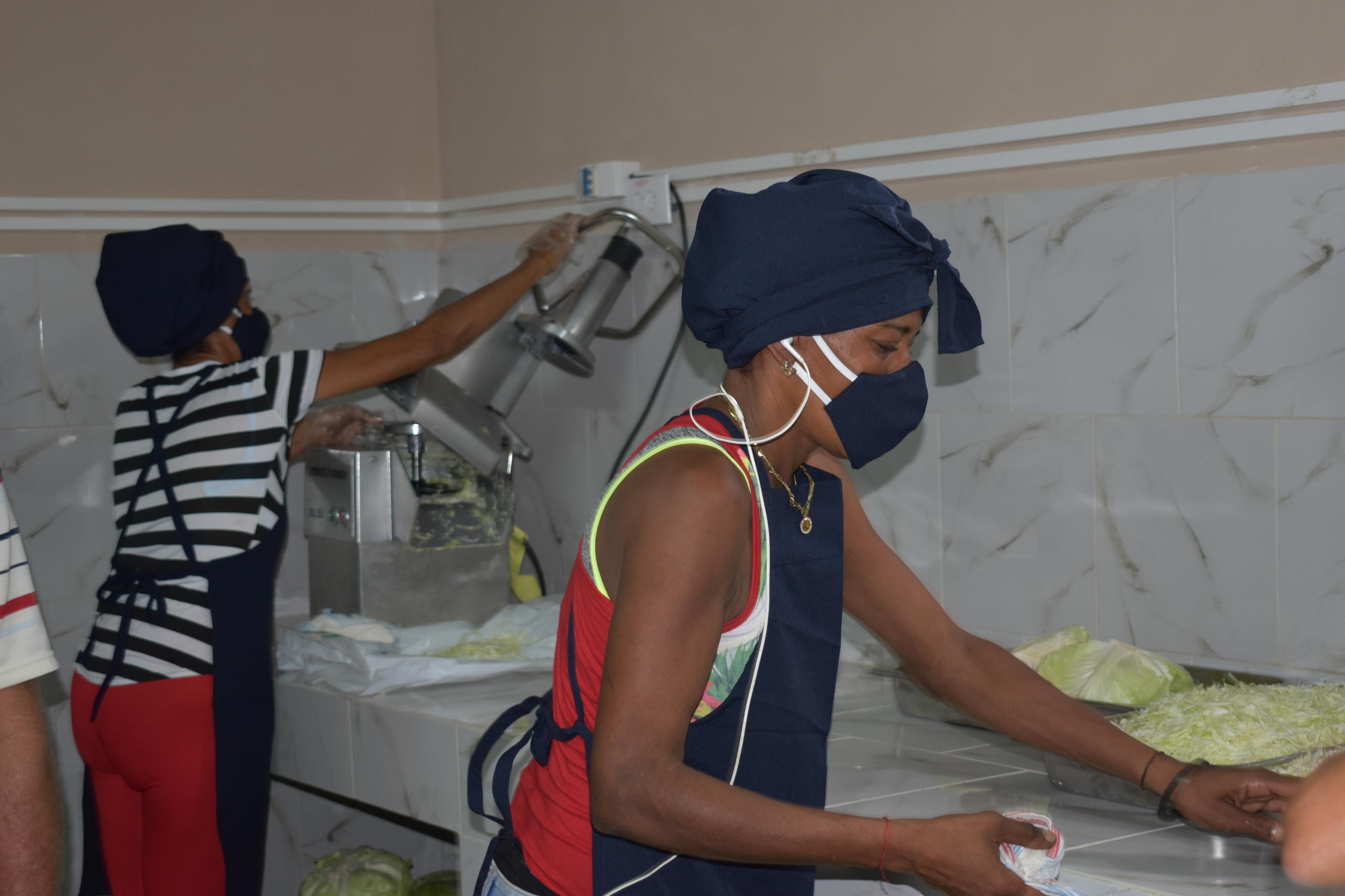
In Cienfuegos province, for example, PADIT facilitates four food production initiatives that produce a total of around two tonnes of food a day – tomato puree, pickled vegetables and jams.
These products are managed locally and sold at markets and in shops.
Yet the crucial aspect of PADIT is not new equipment or output, but the reversal of the centralist principle: identifying local needs and taking these as the starting point.
Jesus Rey Novoa, the local coordinator of the platform, explained by email: “PADIT in Cienfuegos has changed the way government agencies interact with citizens and the scientific community.” PADIT, he added, promotes “participation, communication and digitalisation of citizenship – from initiating to implementing development strategies in the local context.”
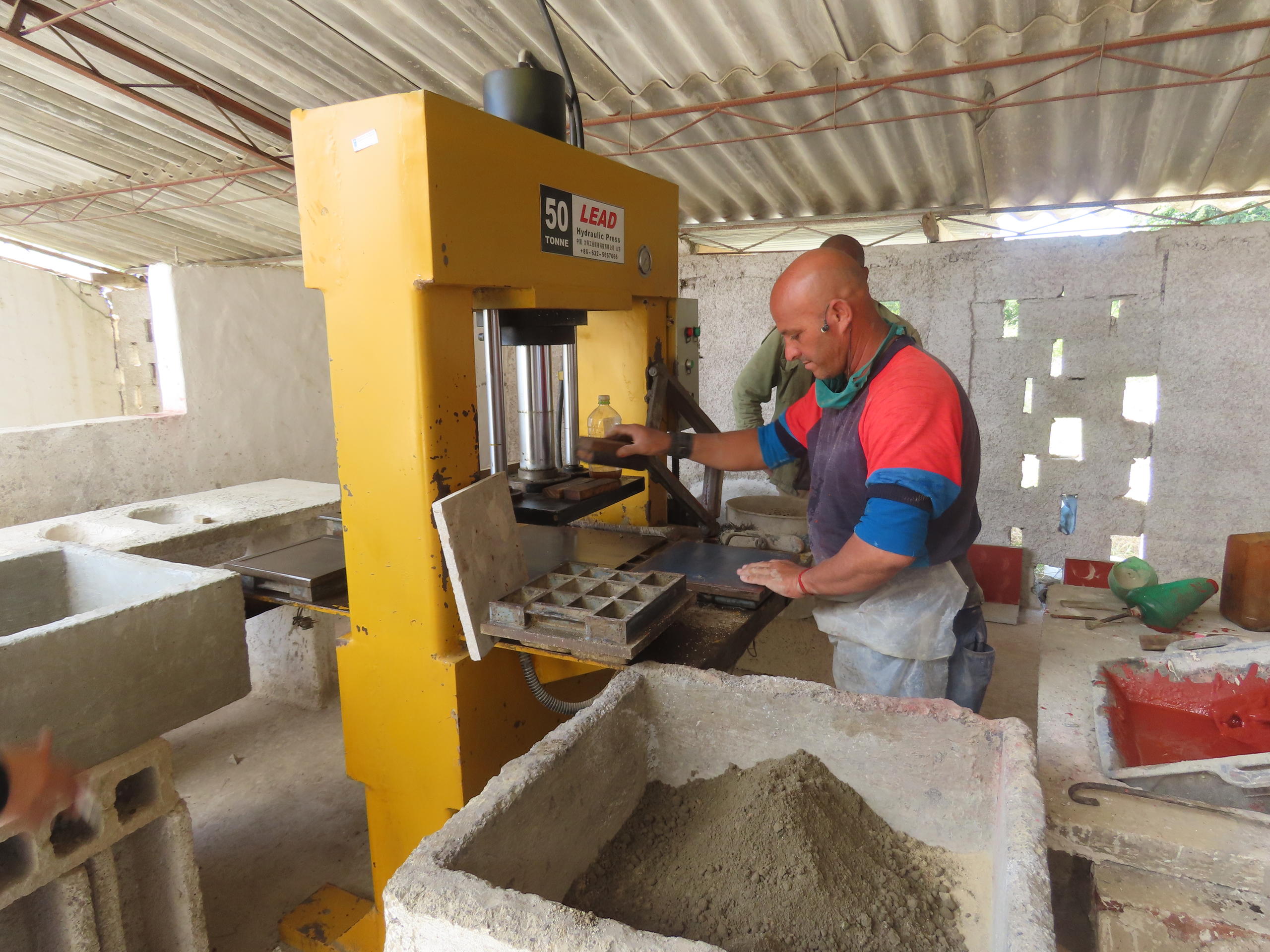
To put it simply, a country is learning the principle that people on the ground know best what is good for them.
Rey Novoa sees this development of local government as being in the interest of the whole country – or, as he puts it, “promoting a more strategic and harmonised approach to inter-territorial interests.”
PADIT is now part of Cuba’s plan to achieve the UN Sustainable Development Goals and includes social components. But decentralisation also aims to enable “efficient government” and improve the Cuban administration. Is there a risk that local development and decentralisation will provide structural support to the Cuban government and stabilise the system?
Glatz said the question is justified. “That danger certainly exists to a certain extent,” he said. “We support participation at the local level, but also at the national level, for example in promoting processes for citizen participation and decentralised budget planning.” This strengthens municipalities so they gain more autonomy and can better meet the economic and social needs of their citizens, he added.
Change within narrow limits
Armando Chaguaceda is convinced that a platform like PADIT can bring about change at the local level, but within very narrow limits. In a state that is not only centralist but also authoritarian, it is always the state which decides how far participation can go, he said: “The principle of subsidiarity is difficult to develop because communities lack the rights and resources to exploit their autonomy.”

More
How democracy features in local Chinese politics
Chaguaceda is a political scientist in Mexico but grew up in Havana. In Cuba, he saw Canadian development cooperation projects up close. “Such programmes are more therapeutic than transformative,” he said. They primarily affect those directly involved, he said.
“The effects are psychological wellness, learning new skills and a group acquiring non-authoritarian expressions and knowledge,” Chaguaceda said. He also believes the impact of such projects evaporates as soon as the funding ends.
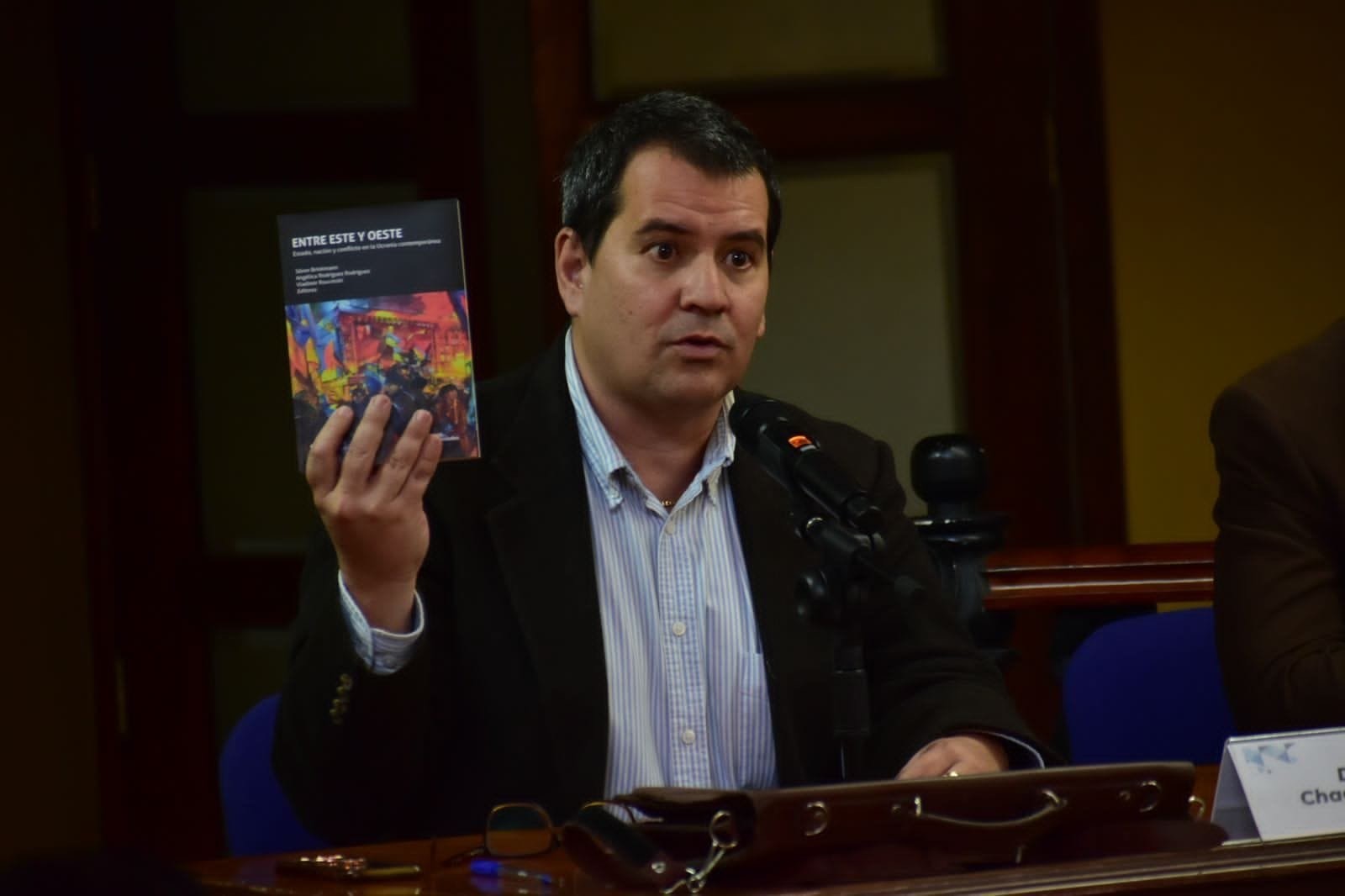
Switzerland leaves, PADIT stays
PADIT’s future is secure beyond 2024, thanks to the UNDP and other donors. Municipal autonomy was incorporated into Cuba’s new constitution in 2019.
Switzerland congratulates itself for this in the SDC report, listing it as one of its achievements in Cuba so far.
To say the elections in Cuba made no headlines, though, is not completely true. The official propaganda organ “Granma” ran a story titled, “With the vote of the 26th [of March], we will defend the fatherland, the revolution and socialism”.
There are hardly any independent journalists in Cuba. The constitution prohibits private media.

More
Speaking freely in an unfree society
Edited by Mark Livingston. Adapted from German by Catherine Hickley/gw

In compliance with the JTI standards
More: SWI swissinfo.ch certified by the Journalism Trust Initiative

































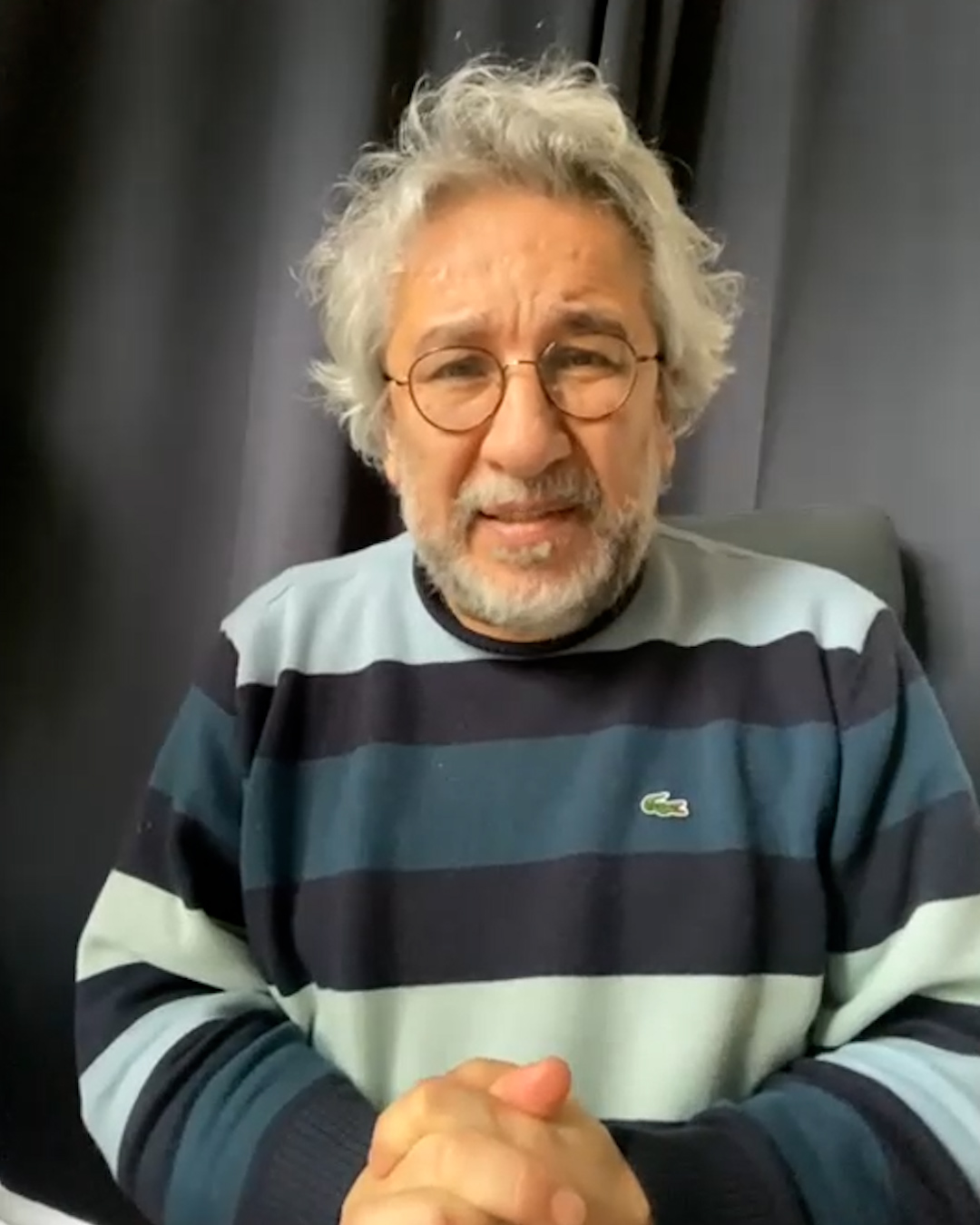


You can find an overview of ongoing debates with our journalists here . Please join us!
If you want to start a conversation about a topic raised in this article or want to report factual errors, email us at english@swissinfo.ch.